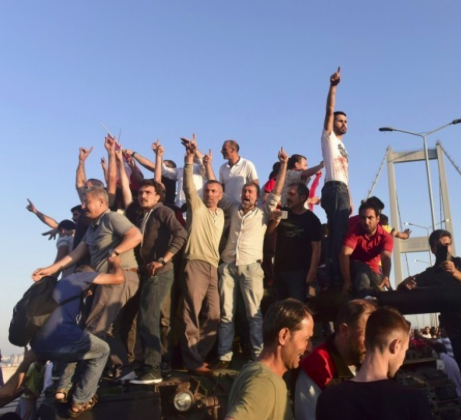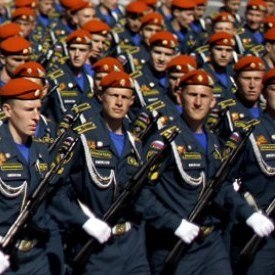(Washington Post) On Friday, I received an alert on my phone that a coup attempt was underway in Turkey. Rather than turn on the TV — or even open the app of the newspaper that sent me the alert — I went directly to Twitter.
What I found was an incredible source of real-time information on the coup as it unfolded. I had access to multiple news sources, statements from elites in both Turkey and outside, on-the-ground commentary from academics I didn’t even know were in Turkey and, of course, individual Turkish citizens. This, in turn, led to live streaming on Twitter’s Periscope and Facebook Live.
Will coups ever be the same again? Has social media fundamentally altered yet another aspect of the political arena?
In the days to come, we will undoubtedly see sophisticated and detailed analysis of the different ways in which social media played a role in Friday night’s events in Turkey. Among the more iconic (and, let’s face it, ironic) moments was Turkish president Recep Erdogan — he who once declared “social media is the worst menace to society” — taking to Twitter and FaceTime to rally support against the coup. […]
Read More © Monkey Cage blog/Washington Post











